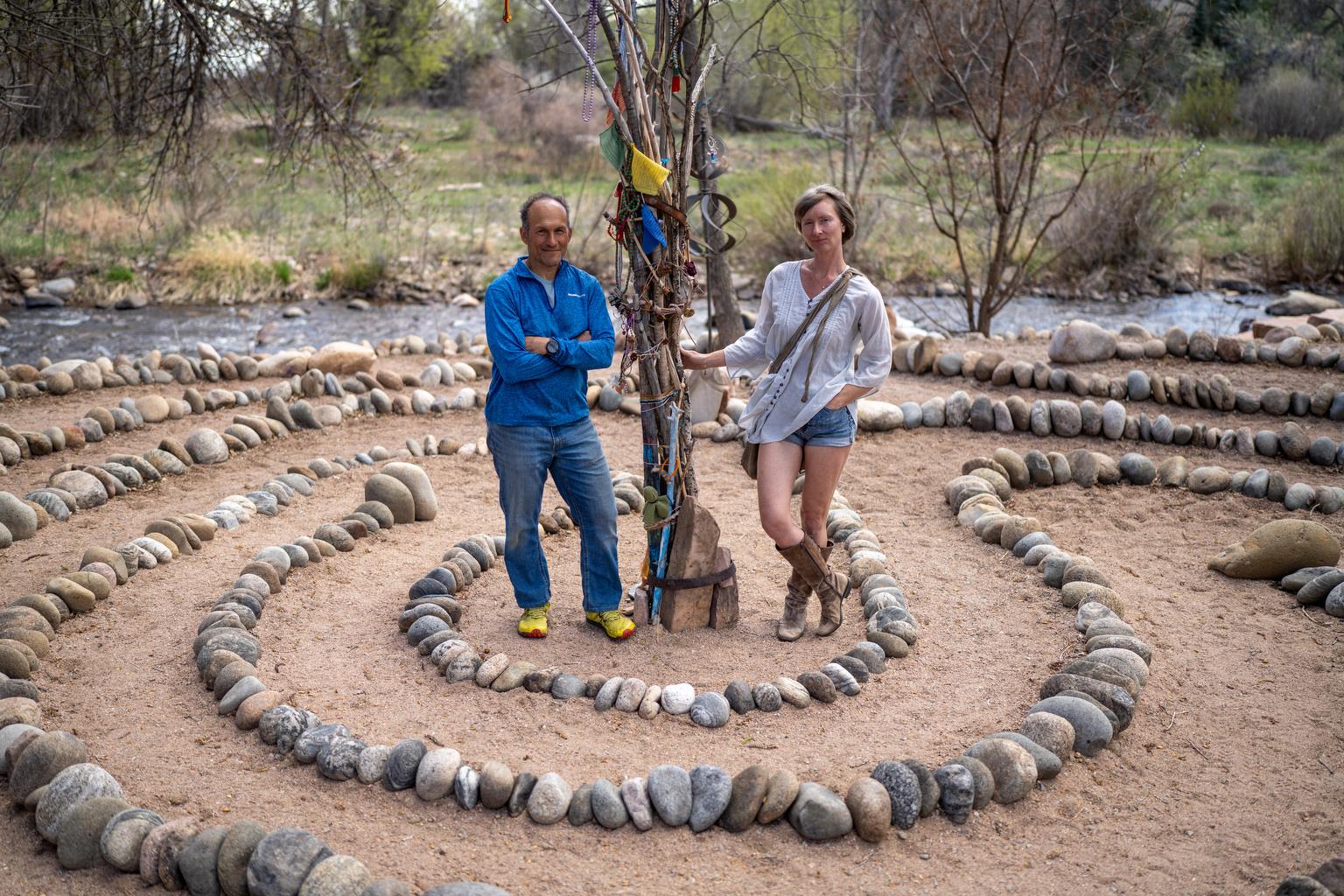A recently-published study shows alpine tundra soil high up on Colorado's Rocky Mountains is releasing more carbon dioxide into the air than it is absorbing.
John Knowles, the lead researcher on the study from CU Boulder, said thawing permafrost related to global warming could be the culprit for this unexpected release of CO2.
More warming leads to more thawing, he said, “and you get this potential for a runaway-train-style feedback.”
Knowles said the feedback has already begun to occur in the Arctic permafrost, but he said his study is the first to suggest it’s happening here in the contiguous United States.
He said he was surprised by his findings because mountain ecosystems tend to absorb CO2 from the atmosphere. “We were seeing the opposite,” Knowles said.
Knowles said this is a problem because current climate models rely on mountains to be a carbon sink rather than a source of emissions.
He said his findings could be a canary in the coal mine for the Mountain West because there are patches of permafrost throughout the Rocky Mountains.
“Given a changing environment or disturbance on the landscape,” said Knowles, “similar carbon emissions could be occurring from other landscapes around the West.”
This story was produced by the Mountain West News Bureau, a collaboration between Wyoming Public Media, Boise State Public Radio in Idaho, KUER in Salt Lake City and KRCC and KUNC in Colorado.









